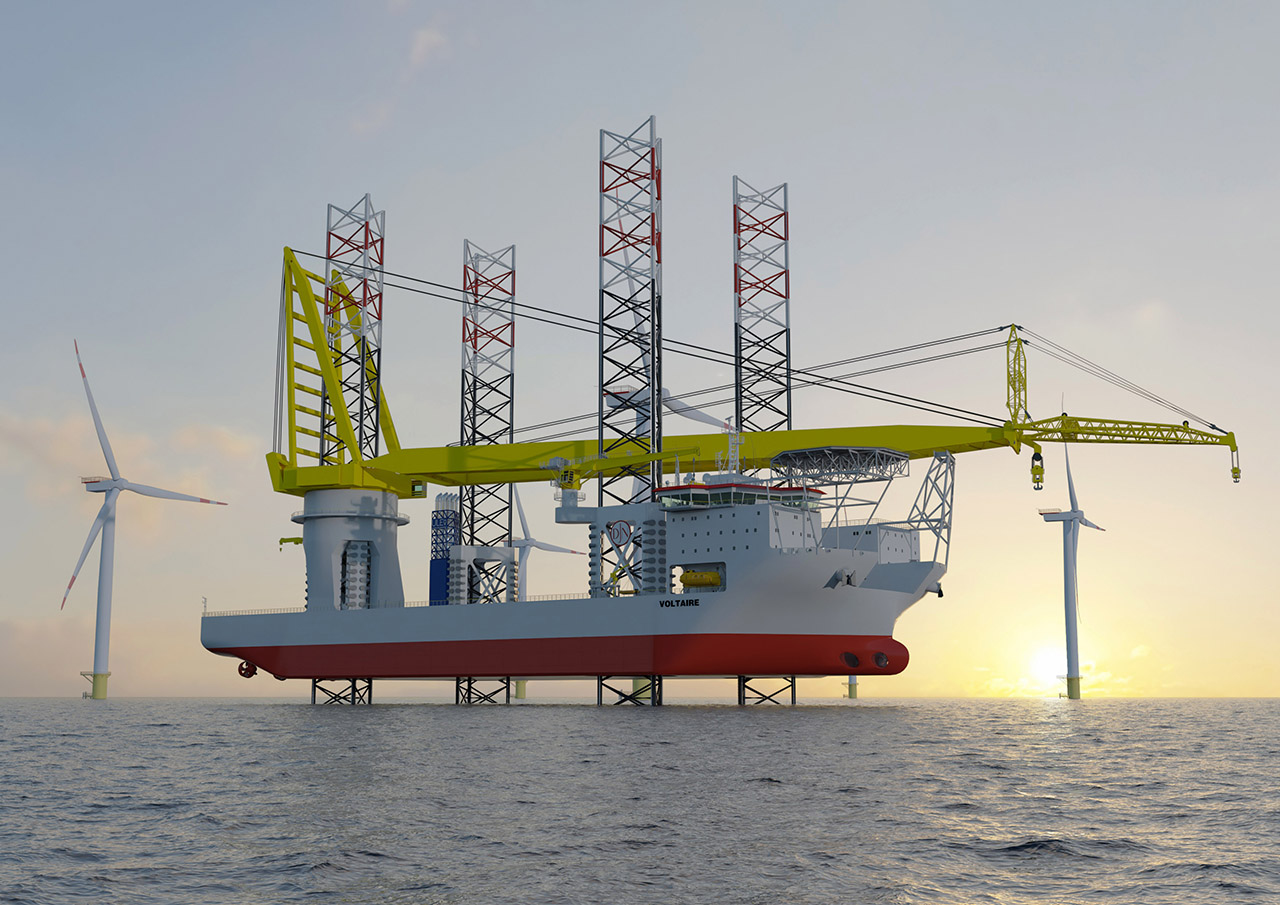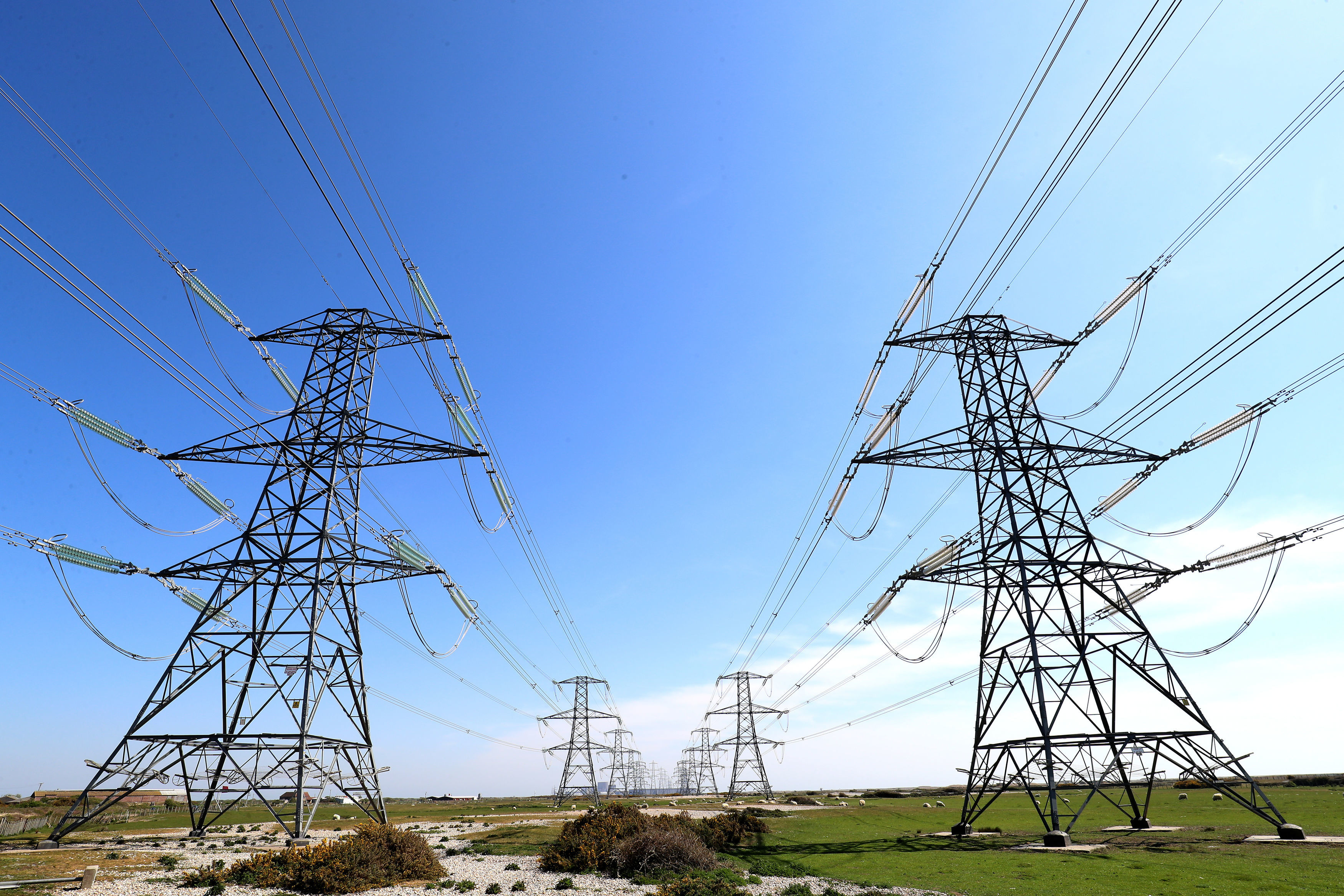Ofgem Chief Urges Broader Energy Regulation Scope
Since its establishment 25 years ago, Ofgem has navigated a significantly altered energy landscape. Jonathan Brearley, the chief executive of Ofgem, explains, “Our initial focus was to regulate the electricity market that powers your home and the gas market supplying your energy.”
The energy sector is evolving, with an increasing number of households turning to alternative energy sources. Brearley mentions, “Energy can now be sourced from solar installations, battery storage, and district heating systems among other innovative solutions.”
Despite these developments, the regulator’s authority remains somewhat limited in many of these areas, as noted by Brearley. He asserts, “It’s essential to expand Ofgem’s mandate to encompass all energy forms utilized in residential settings.”
The UK government initiated a “comprehensive review” of Ofgem last year, acknowledging the need for updates to better safeguard consumers in today’s dynamic market.
Brearley, who has held the position since 2020, concurs with the assessment. “We are advocating for more transformative changes to our framework and operational mandate,” he states ahead of an upcoming speech addressing the energy market and proposed reforms.
In light of recent events that have raised questions about Ofgem’s effectiveness in fulfilling its responsibilities to consumers, Brearley acknowledges the need for improvement. The regulator has faced a series of controversies that have challenged its capabilities in ensuring consumer interests are prioritized in both gas and electricity sectors.

Brearley has expressed regret over Ofgem’s inability to shield consumers from the impact of vulnerable suppliers that failed during the energy crisis of 2021-2022, resulting in significant financial losses for households. In response, Ofgem has intensified its scrutiny of new suppliers and established financial resilience requirements, mandating minimum capital levels from existing suppliers.
However, these measures did not prevent the collapse of Rebel Energy, which left 90,000 customers in the lurch last month. Brearley remarks that the company’s capital reserves were within regulatory limits but indicated it faced challenges much sooner than anticipated. He assures that the impact of such failures on consumers is expected to be minimal, clarifying, “Our financial resilience framework anticipates that companies may fail, and we are prepared for that reality.”
With new capital requirements having taken effect recently, Brearley notes, “We have suppliers who are compliant and others working on transition plans. Overall, the resilience of the retail market has improved significantly.” While declining to specify which suppliers have yet to satisfy the requirements, he emphasizes that progress will take time.
Ofgem’s role also includes managing the energy price cap, which limits the amounts suppliers can charge for standard tariffs to protect customers from excessive pricing. However, during the energy crisis, the cap lagged behind skyrocketing gas prices, complicating the financial situation for several suppliers.
In an effort to adapt, Ofgem began revising the price cap on a quarterly basis in 2022, a shift from the previous semi-annual adjustments, to better account for market volatility. Brearley notes that the agency is currently reviewing the frequency of these updates, acknowledging that some customers may prefer longer intervals between changes. “We are considering extending the timeline, but we need to evaluate the implications carefully,” he says.

In addition to consumer protection, Ofgem’s mandate includes consideration of several factors, such as achieving net zero emissions and fostering economic growth. Brearley advocates for a cohesive framework that prioritizes these objectives. He suggests, “Our mission should focus on customer protection, advancing net zero goals, and stimulating economic growth.” A potential model could mirror Ofcom’s responsibilities which extend beyond telecommunications consumers to the broader citizenry.
One area Brearley identifies for potential growth lies in the rapid expansion of Britain’s regulated power networks necessary for new wind farm connections. Currently, the manufacturing of cables is predominantly in the hands of a few European firms.
“With over £100 billion slated for investment in our networks, we aim to ensure that the economic benefits of this funding are realized within the UK,” he asserts. “We are eager to collaborate with the government to bolster domestic supply chains.”
In a recent decision, Ofgem has enabled network companies to place advance orders for cables to support local manufacturing initiatives. Brearley mentions that there are several other firms interested in establishing factories within the UK.
This significant wave of investment coincides with government discussions surrounding a major reform of the UK’s wholesale electricity market to introduce zonal pricing. This approach aims to ensure that prices more accurately reflect regional infrastructure constraints.
Brearley previously caused a stir by suggesting that, despite differing opinions within Ofgem, there is a consensus that zonal pricing could provide a viable path forward. However, he clarifies that this remains his personal view and does not reflect an official Ofgem stance.
He believes that zonal pricing could improve management of increasing wind farm developments in areas with less power demand and attract industrial users to such zones, thereby minimizing the costs associated with compensating wind farms required to reduce output. Nonetheless, he acknowledges the importance of being cautious to avoid inflating capital costs.
He remarks, “If we pursue zonal pricing, it is crucial to implement substantial investor protections. It’s a finely balanced decision.”
Overall, recent fluctuations in tariffs have negatively impacted investor sentiment, but Brearley remains optimistic as gas prices are declining. He notes, “If China’s manufacturing slows, it could greatly affect the LNG market and subsequently gas prices for everyone.”
Despite the current market turbulence, Brearley suggests that the regulatory environment in the UK energy sector still offers a secure investment landscape, stating, “This is what investors will look for if the market instability persists.”




Post Comment